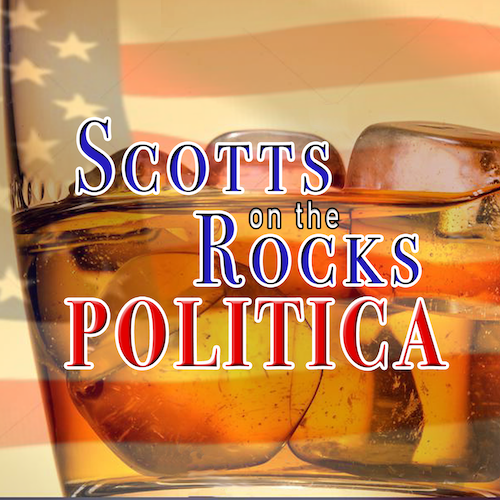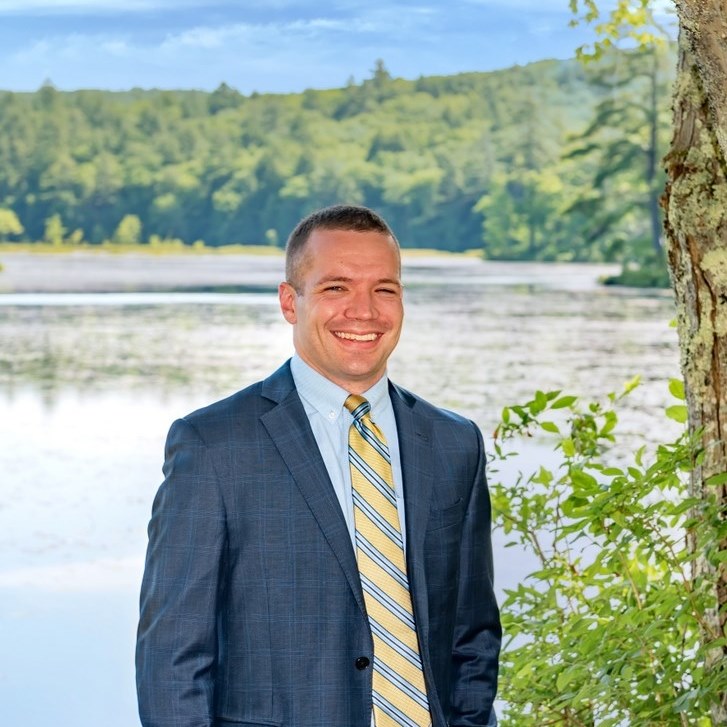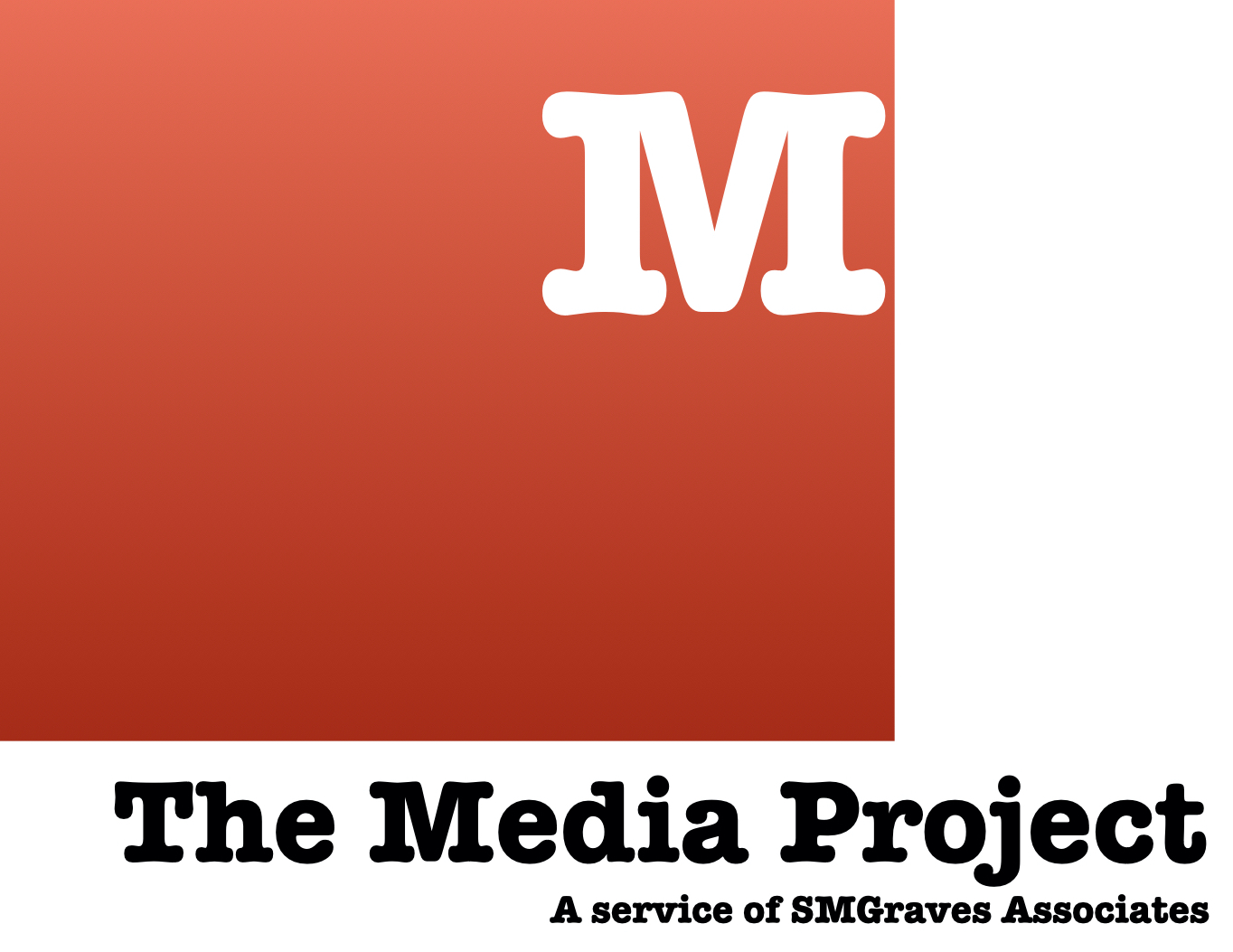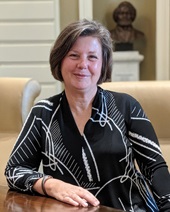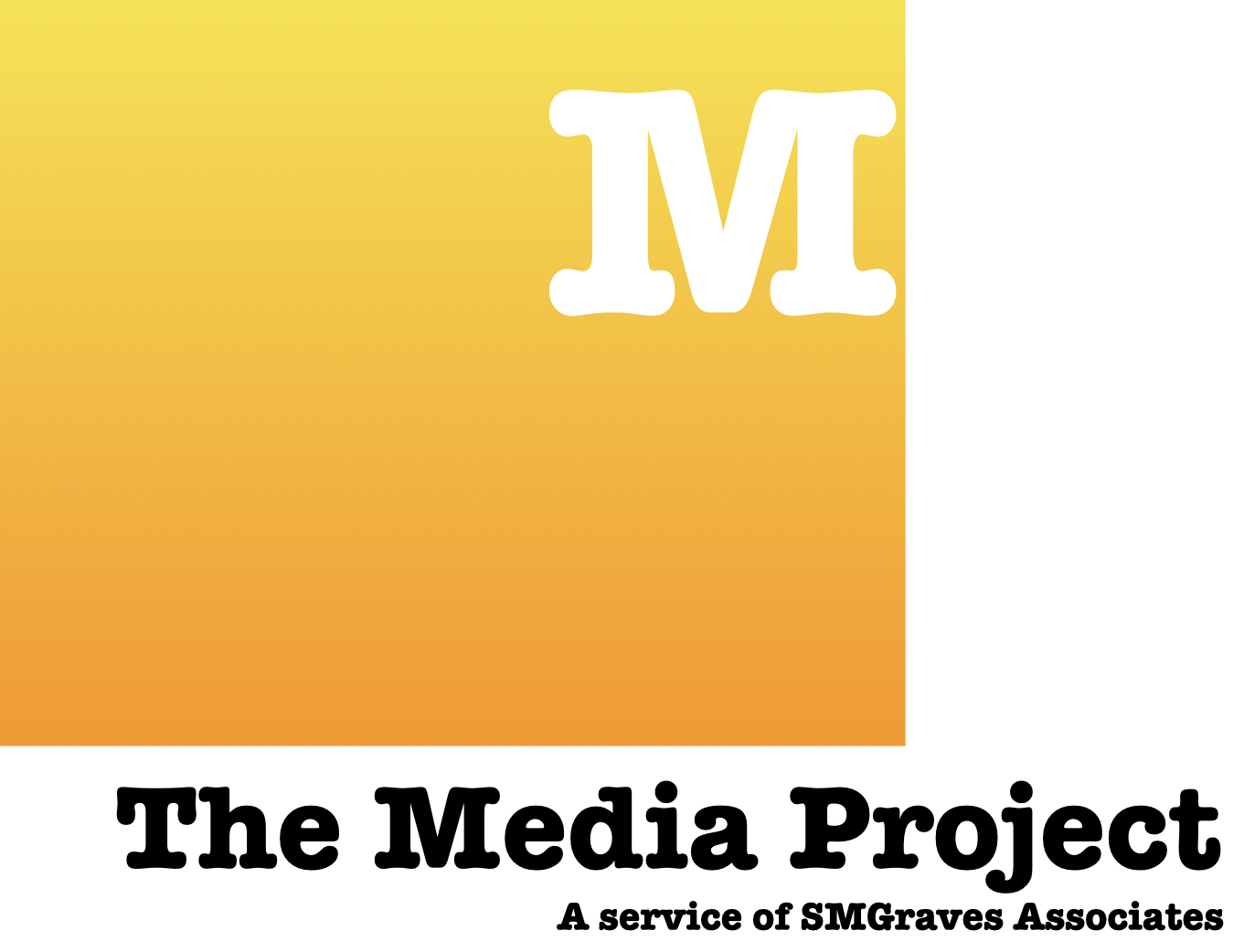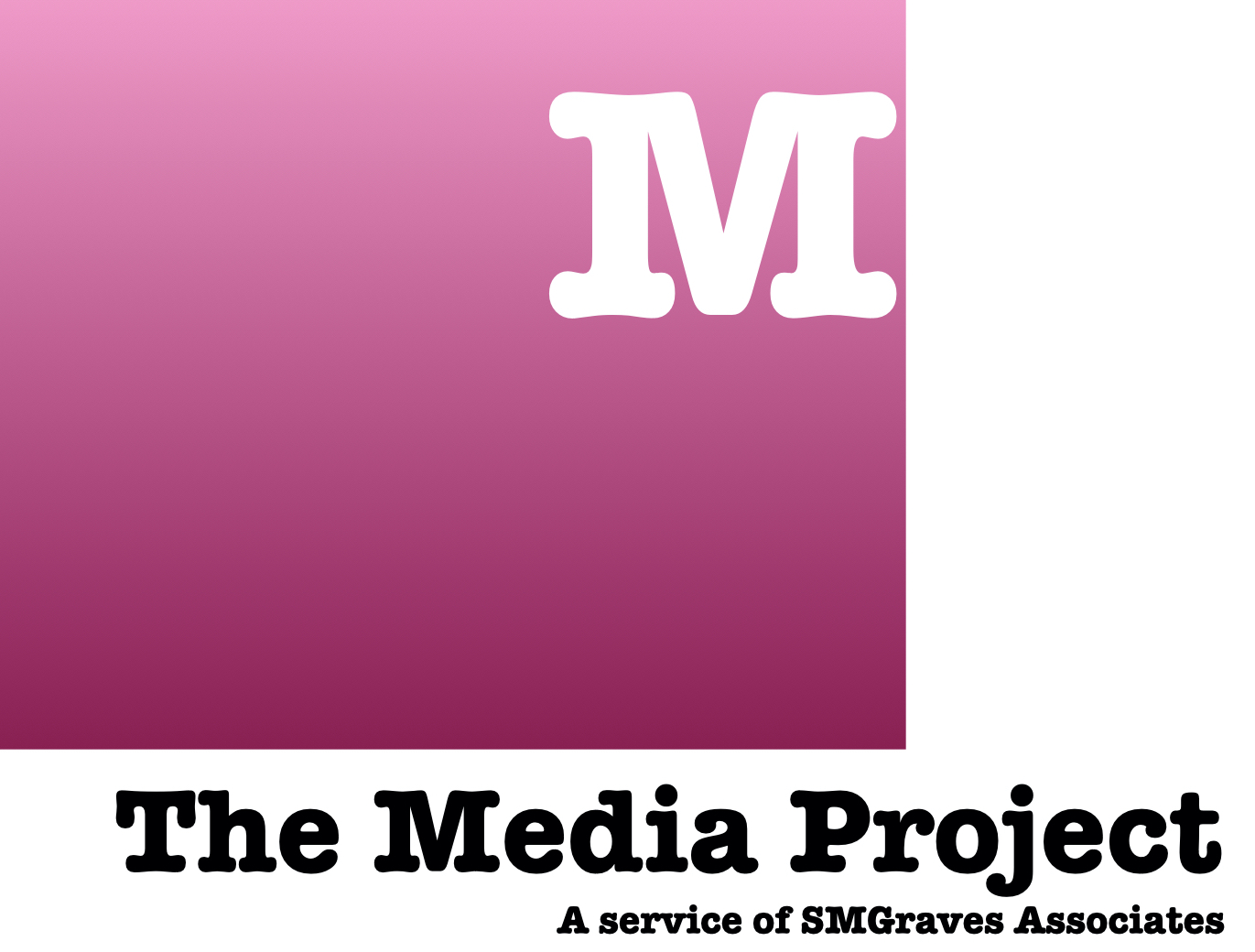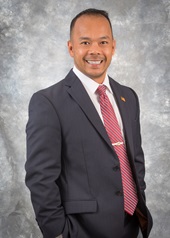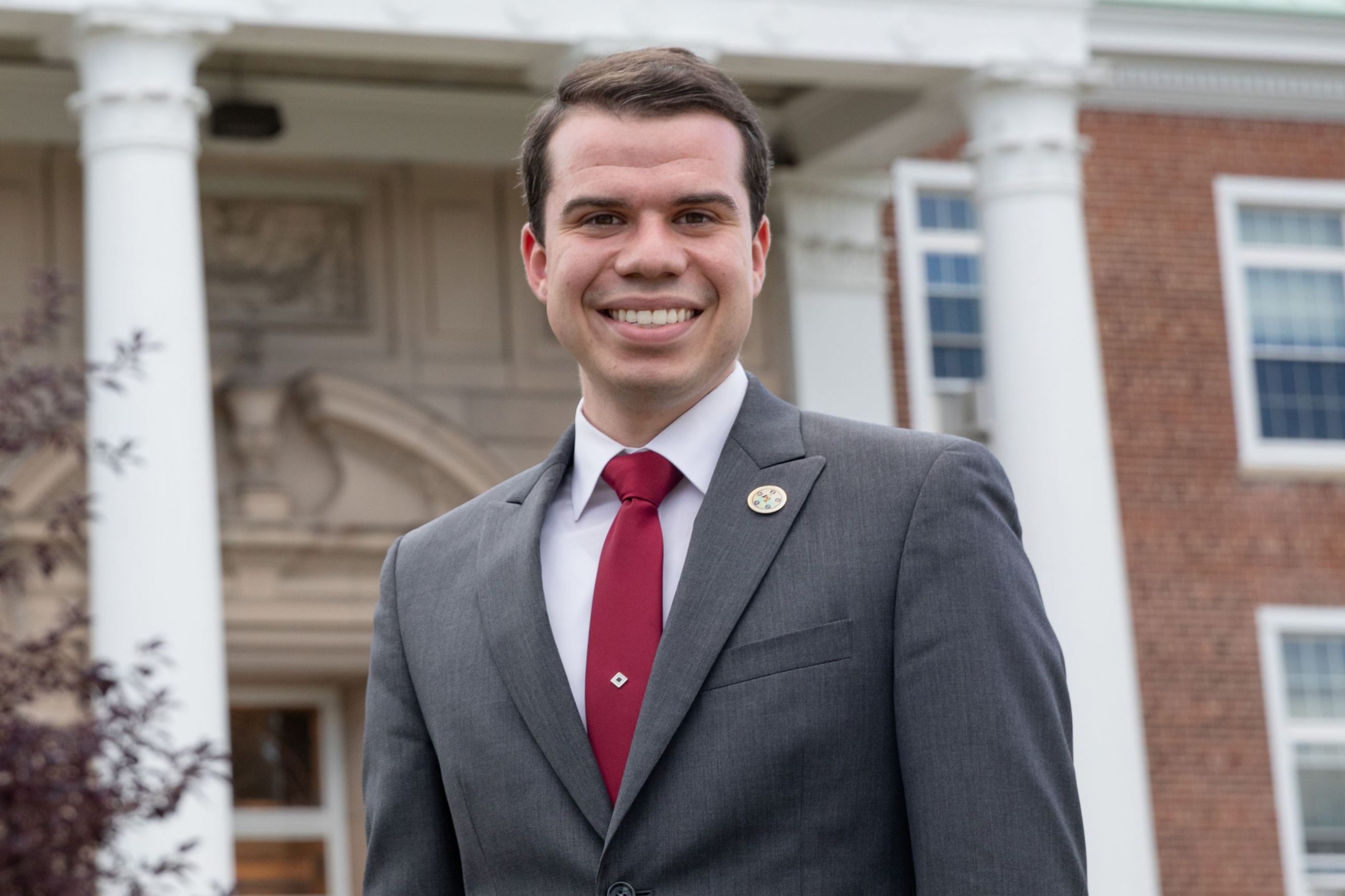Massachusetts Climate Economy
A Local Perspective
SMG's 'Are We Here Yet?' Podcast
Find our complete roster of podcasts

Essays From An Artist
I recently engaged in conversation with two local neighbors, a long-standing local business owner and a former elected official who offered their opinions on my support for a ‘return’ to investments in transforming our city’s core into a walkable, bike-able, densely populated urban center. 
Scotts on the Rocks Politica Podcast
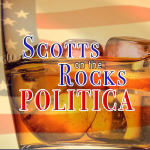
Gardner Iron

Can a set of solutions to our climate change problem also take into account an improvement to economic equality? Can local projects that contribute to the aggregate approach to climate change present opportunities for a broader swath of the public to partake meaningfully in the new economy to come?
I insist the answer is yes. We can survive, in fact thrive if we coalesce around this most existential of issues presented to us as a species.
Let’s get Massachusetts specific. Any means for addressing directly the impacts of climate change must take into account issues of transportation, energy consumption, housing and patterns of human habitation.
Then consider the financial mechanisms that facilitate real world solutions to these issues.
Since we’ve created an economy based on the extraction of labor from one place to another, namely the concentration of economic activity within the metro-Boston landscape, we’ve produced significant pressure on transportation infrastructure.
It’s also had an impact on local economies. It has hollowed out the cites and towns large and small in central and western Massachusetts. During any given workday in north central Mass, the region sees a net loss of 39,700 professional class people who spend their hours commuting to Boston or points east, not eating lunch in local restaurants, not engaging fully in the social fabric of the municipalities they call home.
To de-centralize this geographic labor phenomenon would bring much-needed economic activity back to Worcester county and points west. The added benefit in the increase in productivity that is sure to come with the elimination of 4 or more hours of commuting from people’s daily routine will likely be staggering.
We know this permanent de-centralization will have a benefit to our climate change policy. The pandemic has shown us what can happen when significant numbers of daily commuters are no longer on the road five or more days weekly, a drastic reduction in our carbon footprint a further benefit to society and getting us substantially closer to meeting the state’s goals.
This fundamental shift requires change in the investment in ourselves.
Digital infrastructure: A meaningful amount of highway or other heavy infrastructure funding must be re-allocated to ensure that all 351 cities and towns have access to robust, reliable digital capacity for work and pleasure. This includes public amenities like increasing digital access at public libraries, co-working environments and other public schools. Increased access must include access for all.
Hub/spoke co-working: The changing landscape of both education service delivery at the collegiate and post-collegiate levels coupled with a de-centralized workforce will create new opportunities throughout the Commonwealth for co-working environments including robust professional development and concierge services paid for by corporations such as child care and personal services. Home-bound workers will still require a third-party space regularly. This could have a dramatic effect in some previously hollowed-out downtowns where we can now mix robust office environments and professional development services with retail and service ‘downtown’ small business, now made more vibrant because people are living and working downtown again. Such revitalized space should also contain various business incubators and makerspace, co-working environments, etc. to meet local priorities while operating as vital small businesses in and of themselves. Funding schemes, whether voluntary in the marketplace or through taxation could be utilized.
How do we pay for it all? Some would have the current TCI bill at the state house founded by those who drive the most in the form of the gas tax. At first blush this seems fair, but those who are forced to make that daily commute whether they like it or not did not create the lop-sided patterns of habitation we’re boxed into currently. Some would have the wealthiest among us see sizable but sustainable increases to their taxes. After all, it can be said they are the luckiest of the recipients of the current economic landscape.
The people of central and western MA cannot be punished for an economy they simply participate in. However, it is incumbent on all of us to invest a share into this new economy that will have multiple benefits for all of us.
Potentially funds might be sourced from the corporate entities who insist on returning to the old model of centralized employment locations. In short, the largest employers representing the highest number of commuters pay the most into addressing our climate change goals as they relate to transportation and/or other important tenants of our climate changes policy moving forward.

Scott M. Graves is contributing writer to M the Media Project and it’s founder. He is owner, SMGraves Assoc. and Director of the Worc-It Business Lab.
Read Now: Does the Smallest City In MA have a Censorship Problem?
Ep. 40 Finding Home in the Kitchen Pt II
The Athol Report
Ep. 39 A Builder of Culture
Fitchburg Feature
Perils of Big Tech
Scotts on the Rocks Politica is a political-centric broadcast that aims to lead through example.
Scott M. Graves is your host joined by a wide variety of guests from throughout the political spectrum and from a wide variety of disciplines.
Our intent is to provide rational and detailed discussion for listeners. We’re proving we have more in common and that we’re better together than torn asunder.
Our weekly podcast features careful examinations blendded with current events reporting from a national and local perspective.
If you appreciate local journalism with a global reach, if you want to cut through the BS and get right to the heart of the matter where it counts for your family our show was made for you.
With that in mind we’re launching an initiative we’re calling M The Media Project. This is a service of SMGraves Associates and over the months and years ahead we’re hoping to experiment with a variety of mediums, financial models and service delivery methods to deliver important news to a regional audience.
It is our hope that we will create successful media services companies, incubated right here in central Massachusetts that have the potential of becoming replicable.

Interested in advertising with us? Perhaps you want a unique way to support the economic development and media work we accomplish while getting access to our intelligent and informed listeners? Join our roster of supporters. Click that button below to find out more.

